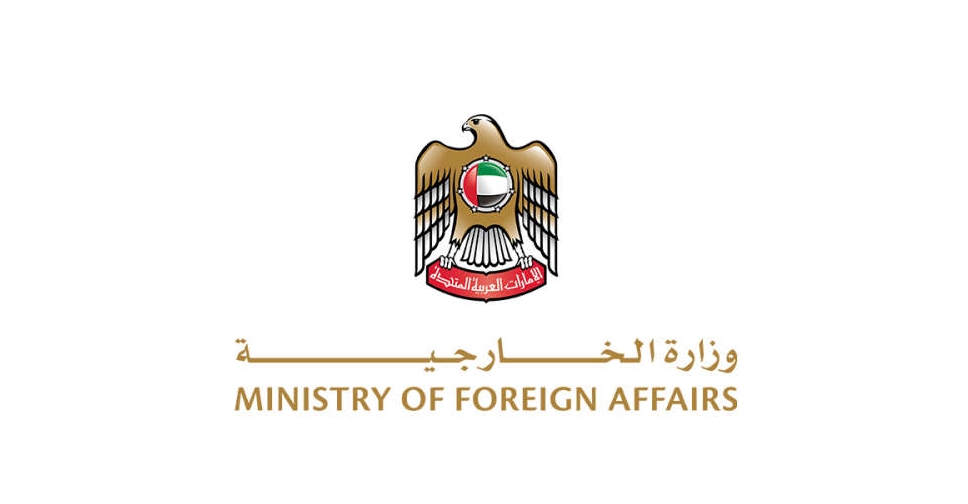
Canada is sending the military to tackle fast-spreading wildfires in British Columbia, Prime Minister Justin Trudeau said, as the western province deals with flames that have led to evacuation orders for more than 35,000 people.
British Columbia declared a state of emergency and imposed a ban on non-essential travel to free up accommodations for evacuees and firefighters, and urged drone operators and others capturing images of the fires to stay clear of rescue workers.
In some cities in British Columbia, the air quality index (AQI), which measures major pollutants including particulate matter produced by fires, was above 350, a "hazardous" level, IQAir, a real-time air quality information platform showed.
At midnight (0400 GMT), Salmon Arm was recording the nation's worst air quality index, with an AQI reading of 470. Among other cities, Kelowna College and Sicamous both had the AQI at 423.
West Kelowna fire chief Jason Brolund said he saw some hope after battling "epic" fires for the past four days. He said conditions have improved, helping firefighters to put "boots on the ground" and dump water on flames that threatened the town of 150,000.
"We are finally feeling like we are moving forward rather than moving backwards, and that's a great feeling," Brolund told the Canadian Broadcasting Corp.
Trudeau said in a tweet that the federal government will offer support from the Canadian military "to help with evacuations, staging," and other logistical tasks in response to a request from the British Columbia government.
Other fires, exacerbated by severe drought, have been reported closer to the US border and in the US Pacific Northwest.
Just across the border in Washington state, firefighters battled two major blazes, the Gray Fire and the Oregon Road Fire, which combined had blackened more than 20,000 acres of forest and destroyed more than 100 structures.
In Canada, government officials urged residents in evacuation order zones to leave immediately to save their lives and prevent firefighters from dying trying to rescue them.
Officials have not given any estimates of the total number of buildings destroyed. Videos and photos on social media showed destroyed structures and vehicles, and huge flames consuming trees.
The Canadian government-owned Trans Mountain pipeline and its expansion project, which makes its way to the Pacific coast through the interior of British Columbia, was unaffected by the fires, a company spokesperson said on Sunday.



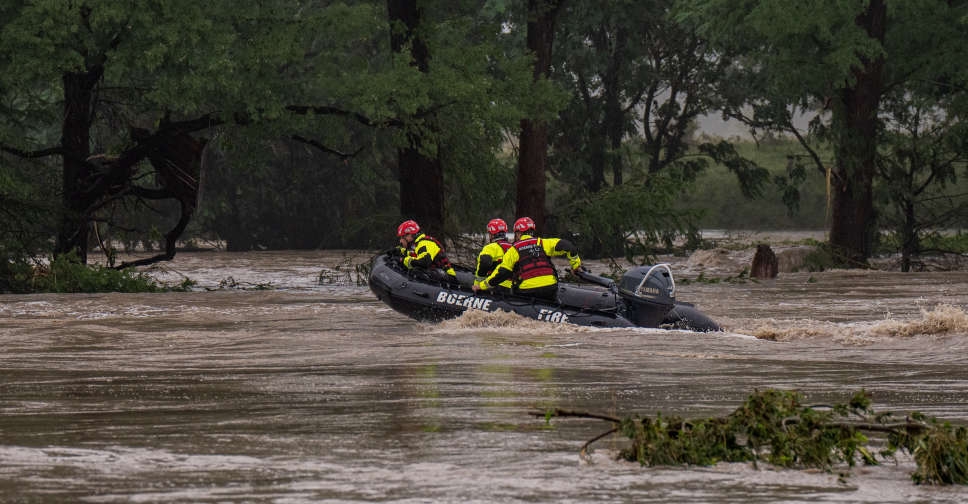 At least 24 dead in Texas flash flooding
At least 24 dead in Texas flash flooding
 Aid foundation says two of its workers injured in Gaza
Aid foundation says two of its workers injured in Gaza
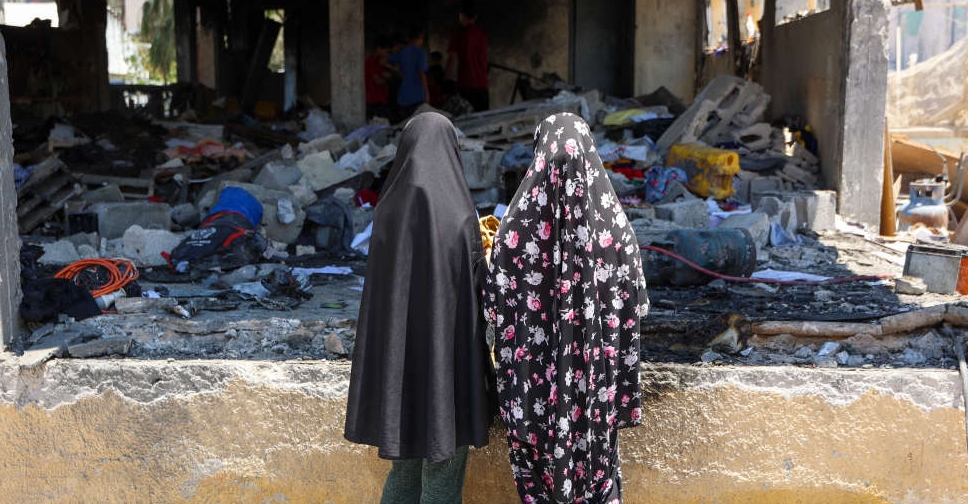 Hamas says it responds to Gaza ceasefire proposal in 'positive spirit'
Hamas says it responds to Gaza ceasefire proposal in 'positive spirit'
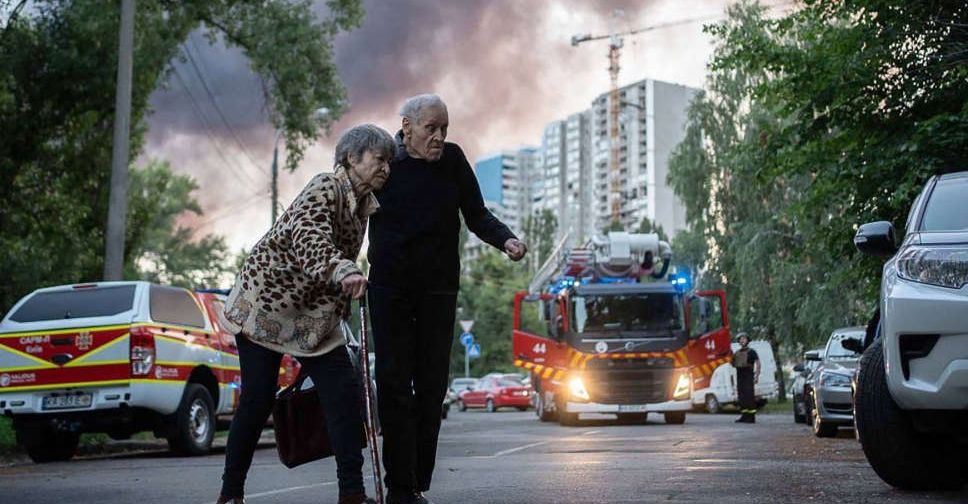 Russia pounds Kyiv with largest drone attack, hours after Trump-Putin call
Russia pounds Kyiv with largest drone attack, hours after Trump-Putin call
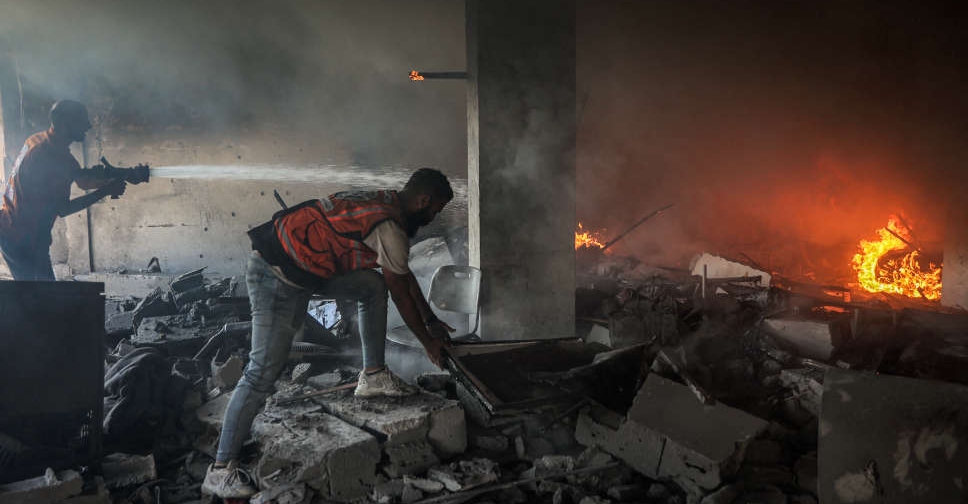 Trump says he expects Hamas decision in 24 hours on 'final' peace proposal
Trump says he expects Hamas decision in 24 hours on 'final' peace proposal

